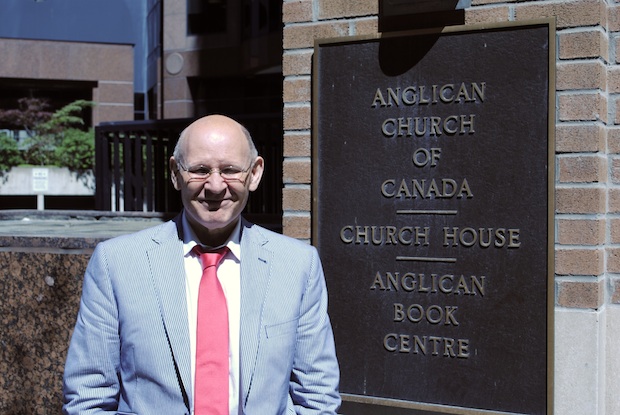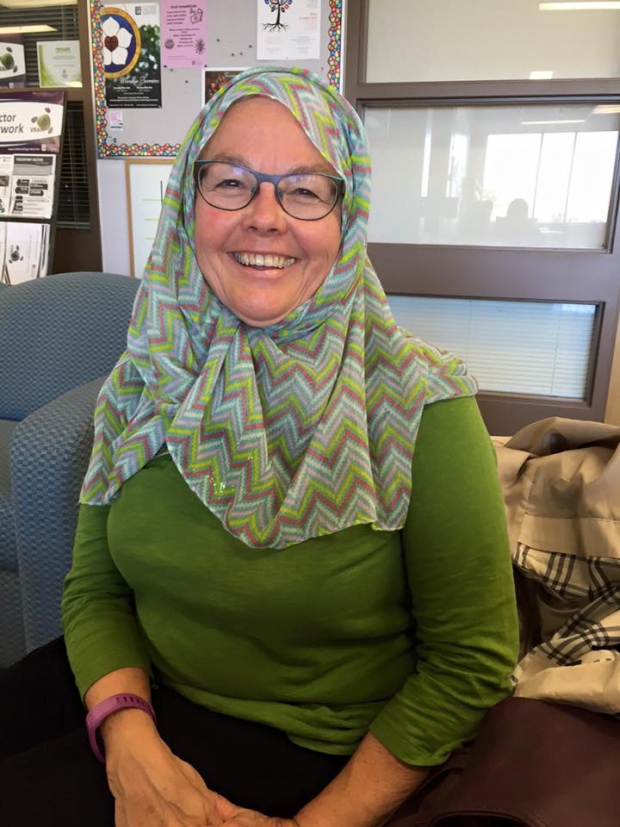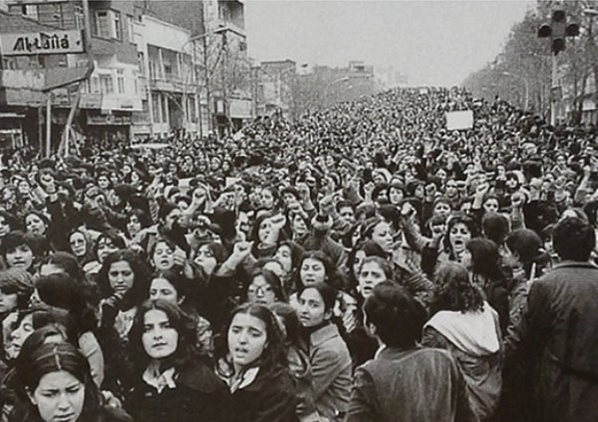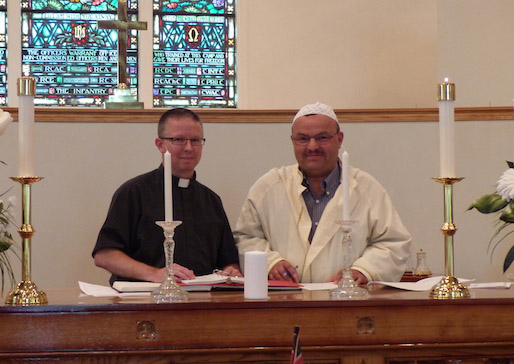Having departed the Roman Catholic Church for the Anglican Church of Canada, Michael Coren, once the darling of the right, has consummated his liberal metamorphosis by writing an article for the Anglican Journal.
Not wishing the favour to be reciprocated, I will refrain from attempting a Coren psychoanalysis, something that others have been unable to resist, speculating that he is suffering from mental problems – a contention that may yet be fulfilled as he intends to become a priest in the ACoC.
I hesitated to write this article since I think Coren is a decent, kind and generous man; and that may be part of why he has taken a diametrically opposite view of so many things he once claimed to believe, starting with same-sex marriage or, to use the cliché he used to deride, equal marriage. He has offered no new arguments to support his newly enlighten state, preferring instead, to rehash the transparently nonsensical gibberish that liberal churches have been churning out for decades.
I suspect his kindness towards his gay friends has resulted in a foggy sentimentality that has overwhelmed his capacity to think clearly. That and, perhaps, rebellion resulting from an innate perversity that causes a person to eventually turn against any organisation to which he belongs once he finds himself surrounded by people who agree with him.
Coren was a strong supporter of my church and the other parishes that left the ACoC over the blessing of same-sex marriages, a stand that he would now categorise as homophobic. During a debate on his old CTS TV program between Diocese of Niagara and ANiC clergy, one of the Diocesan clergy wanted to bring up the issue of homophobia; Coren would not allow it (the request occurred in a break) because, he said, it would shut down discussion. Coren himself now uses the word to produce that result.
Ironically, he once suggested that I consider the Roman Catholic Church, an idea I turned down even in the unlikely event that they would have me. It wouldn’t have been a total loss, I suppose: I could have started a new blog – RC Samizdat. I asked him some time ago – before he became a Catholic – why he didn’t become an Anglican; “because I get tired of arguing with atheists in the pulpit” was his reply. He must feel more comfortable with that now.
Michael Coren now declares that he is an Anglo Catholic; I doubt that he will feel at home as such for more than a decade or so. I’m quite sure this doesn’t apply to Coren, but I keep thinking about the comment in Brideshead Revisited, made to Charles Ryder by his cousin Jasper on beginning university: “Beware of the Anglo-Catholics—they’re all sodomites with unpleasant accents.”
Here is the article:
 Did I swim the Tiber or was it a walk to Canterbury? Not sure. It felt at the time more like some sort of ersatz inferno. I suppose I have a certain media profile and was until relatively recently known as a very public Roman Catholic. My 2012 book on Catholicism (Heresy, McClelland & Stewart) had been on the Canadian bestseller list for 10 weeks; I was named columnist of the year for my work in The Catholic Register and had been given numerous awards by Catholic groups. I was one of Canada’s most high-profile champions of Catholicism.
Did I swim the Tiber or was it a walk to Canterbury? Not sure. It felt at the time more like some sort of ersatz inferno. I suppose I have a certain media profile and was until relatively recently known as a very public Roman Catholic. My 2012 book on Catholicism (Heresy, McClelland & Stewart) had been on the Canadian bestseller list for 10 weeks; I was named columnist of the year for my work in The Catholic Register and had been given numerous awards by Catholic groups. I was one of Canada’s most high-profile champions of Catholicism.
The separation was gradual, of course. While I never swayed from Catholic theology—and continue in my adherence—I began to question, then doubt, then reject Roman Catholic teaching on papal supremacy, authority, contraception and especially homosexuality and equal marriage. On the latter, I simply could no longer glue myself to a church that described gay relationships as sinful and disordered and caused so much pain to so many good, innocent people.
It was rather like a ball of theological wool unravelling. As soon as it began, it was difficult to stop it. The glorious irony of all this is that as my questioning of Roman Catholic teaching developed, so did my faith and my love of God. It wasn’t lack of belief that drove me from Rome but the very opposite. Partly out of respect for the Catholic church, I could no longer receive its sacraments and call myself a Roman Catholic while rejecting so many of its values and views. I know many Catholics remain in their church while doubting or even denying, but that wasn’t for me.
Around 18 months ago, I began to quietly worship at St. James Anglican Cathedral, to meet with various Anglicans and to read Anglican theology. Then I started to regularly attend my local Anglican parish, then I was formally received—a photo of the event was posted online, and the inferno I mentioned began to ignite.
It was a noble infamy, but it still stung. In the space of one week, I lost three regular columns and 13 speeches. No matter. What did matter were the attacks on my children, the fact that people trolled their Facebook pages and alleged that they were gay—irrelevant to me and to them, but the attacks were intended to hurt. It was written that I was a thief, an adulterer, a liar and was mentally ill. Such fun!
But what I found was so much greater than any suburban persecution. Within Anglican Catholic orthodoxy, I could pursue socially liberal ideas; within a church of mingling theologies, I could be respected as a Catholic and respect those with different ideas and call them brothers and sisters; within Anglicanism, I could reach out in Christ’s beauty to all people, irrespective of sexuality or religion, and love everything about them.
I have never been happier or felt more motivated as a Christian than now. The nastiness refined me; my new faith defines me. Regrets? Oh yes. That I didn’t do this a long time ago.
Like this:
Like Loading...





 Did I swim the Tiber or was it a walk to Canterbury? Not sure. It felt at the time more like some sort of ersatz inferno. I suppose I have a certain media profile and was until relatively recently known as a very public Roman Catholic. My 2012 book on Catholicism (Heresy, McClelland & Stewart) had been on the Canadian bestseller list for 10 weeks; I was named columnist of the year for my work in The Catholic Register and had been given numerous awards by Catholic groups. I was one of Canada’s most high-profile champions of Catholicism.
Did I swim the Tiber or was it a walk to Canterbury? Not sure. It felt at the time more like some sort of ersatz inferno. I suppose I have a certain media profile and was until relatively recently known as a very public Roman Catholic. My 2012 book on Catholicism (Heresy, McClelland & Stewart) had been on the Canadian bestseller list for 10 weeks; I was named columnist of the year for my work in The Catholic Register and had been given numerous awards by Catholic groups. I was one of Canada’s most high-profile champions of Catholicism.